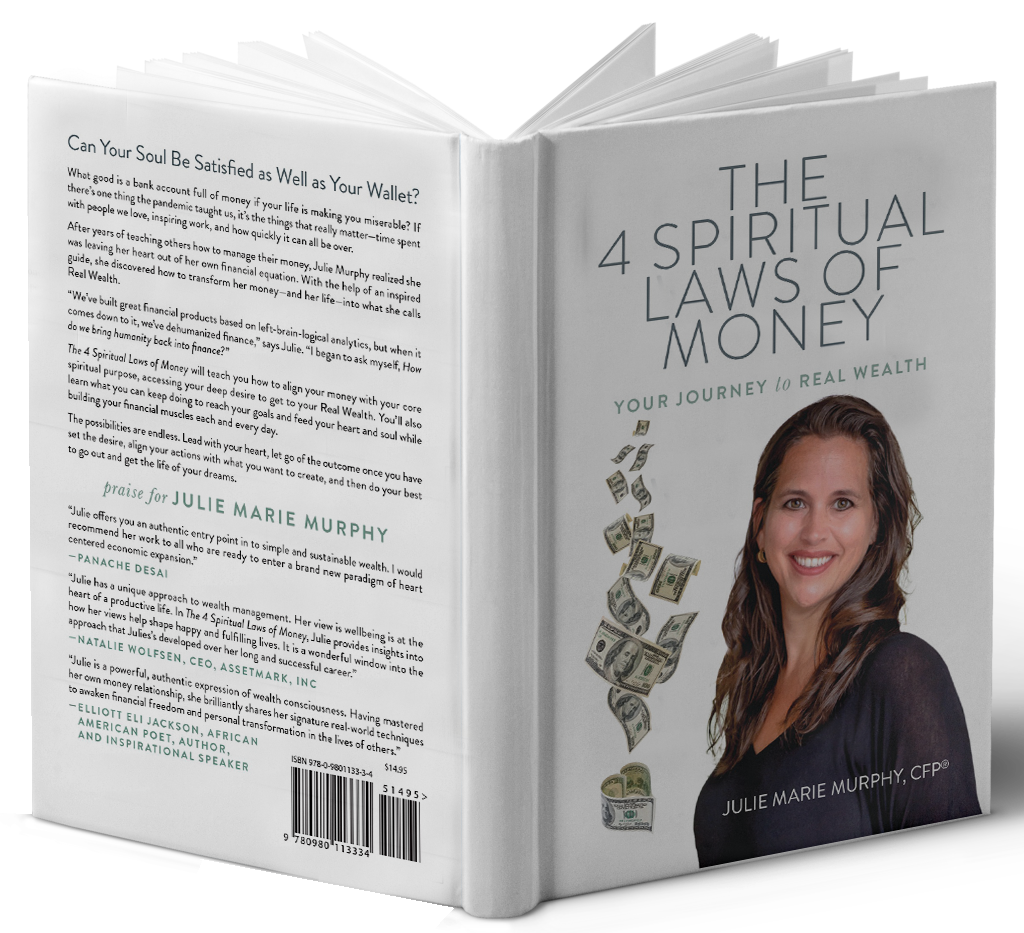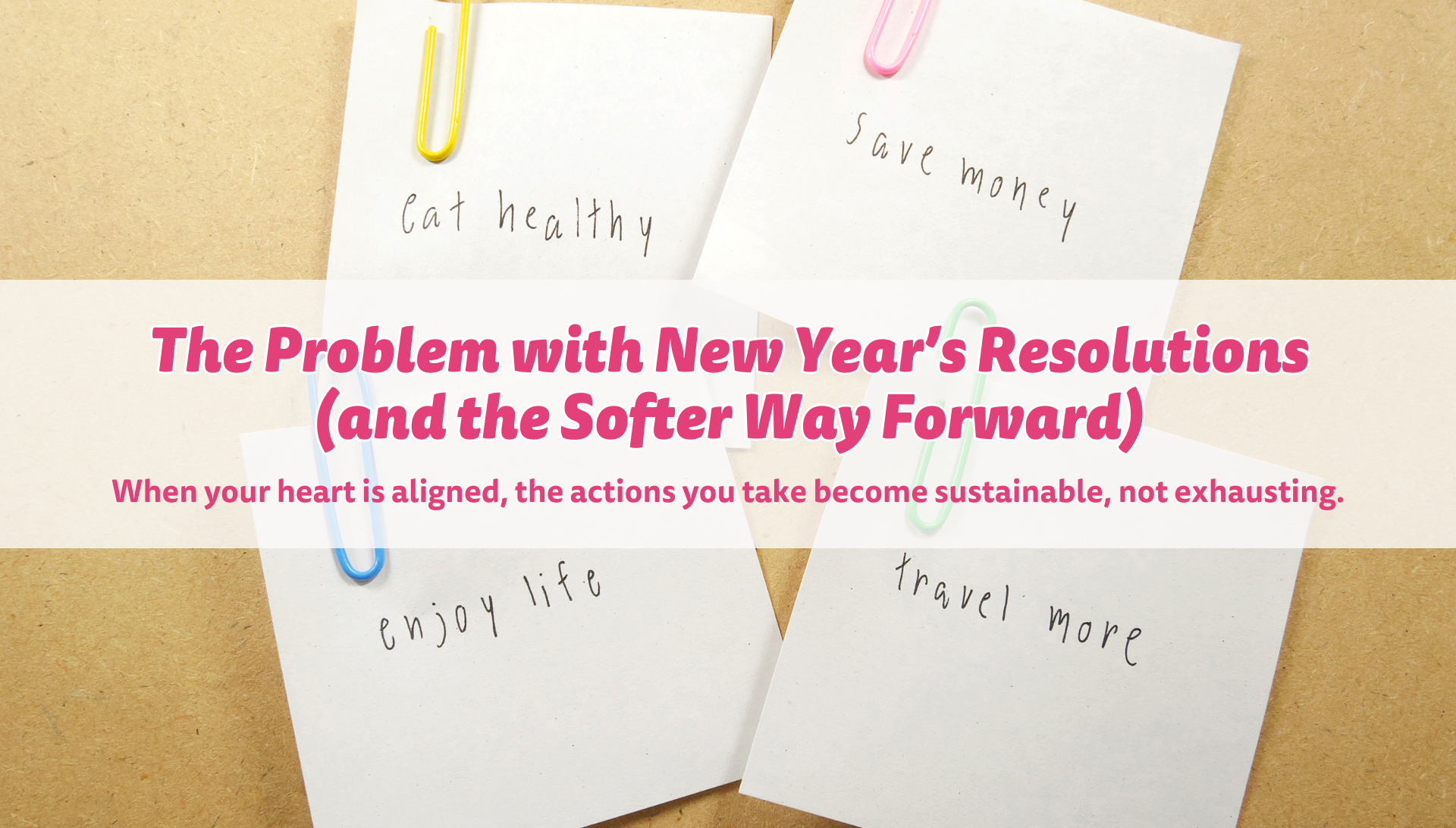Your Emotions Behind Debt
Not many things are more American than debt. If you really think about it, it’s amazing how easily we as a nation became so comfortable with it. We’ve gone so far as to classify our debts as good (student loans) and bad (credit cards) with so many things in between (mortgages, car notes, medical, etc.). Yet all of us struggle with the negative emotions attached to our money, especially our debt. And we find ourselves making major life choices based on the state of our finances.
You have a responsibility to go to work and pay that debt down until its paid in full. This causes you to put money in the spotlight, along with how many hours you work, how much you make, how hard it is to get ahead, etc. And don’t let something bad happen – a dead car battery, a busted furnace, a medical emergency – because you have to both take care of both your “right now” issues and still pay your debt.
You see how this affects our emotions? From anxiety to fear to hopelessness to anger, we constantly find ourselves trapped in a dangerous cycle, and our negative feelings about money are at the center of it all. Those feelings and thoughts will eventually turn into negative words and actions. Often, this self judgment may come off as logic, truth and reality. You know what you’ve said to yourself:
“I won’t spend any money until all my debt is paid off.”
“I hate this job, but I can’t leave it. I have too many bills to pay.”
“I can’t afford it, but I’ll just charge this dinner. I want to make my friends happy.”
Those statements above are examples of ways we trick ourselves into thinking we’re doing something good. Drastically cutting spending or staying at a job we hate to pay off debt on the surface are great ideas. In practice, it’s impossibly difficult and it invites negativity. We’re essentially punishing ourselves right now for our past choices. Some people take a total opposite approach and choose to spend freely on themselves and the people they care about, even if that is at the expense of their own financial stability.
These negative thoughts wrapped in seemingly positive actions do more damage than they do good. Debt has a strong affect on our psyche. Fortunately for us, however, our minds are incredibly powerful. We need to start using that to our advantage, not our detriment.
Action step
Are you ready to tackle your debt and other financial obstacles? Don’t let your head be filled with anything but positive thoughts. Remember, positive thoughts lead to positive actions. Our perceptions create our reality. Learn to recognize self-defeating thoughts and words. It makes an enormous difference in your ability to make changes in your life – financial or otherwise.
The post Your Emotions Behind Debt appeared first on Julie Murphy.
Share Blog On Social
Recent Blogs

Similar Blogs








